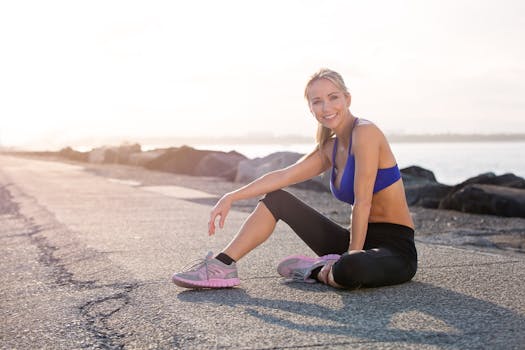
Understanding Running Plateaus
Many runners, from beginners to seasoned athletes, experience times when progress seems to stall. This phase, known as a running plateau, can be frustrating, but it's a natural part of growth.
Common Causes of Plateaus
- Lack of Variation: Doing the same workouts repeatedly.
- Overtraining: Not allowing enough time for recovery.
- Poor Nutrition: Not fueling your body properly.
- Insufficient Rest: Neglecting sleep and recovery days.
Strategies to Break Through
- Change Your Routine: Add speed work, hills, or try different distances to challenge your body.
- Cross-Train: Engage in cycling, swimming, or strength training to improve overall fitness.
- Focus on Recovery: Prioritize sleep, stretching, and rest days.
- Revisit Nutrition: Ensure you're eating balanced meals to support training.
Setting Smart Goals
Set small, attainable goals and track your progress. Celebrate improvements, no matter how minor, to stay motivated.
Listening to Your Body
If you feel persistent fatigue or discomfort, consider consulting a professional. Sometimes, plateaus indicate your body needs extra care.
Conclusion
Breaking through a running plateau requires patience, strategy, and self-compassion. By tweaking your routine and paying attention to your body's needs, you'll continue to see progress on your running journey.
Comments
Post a Comment